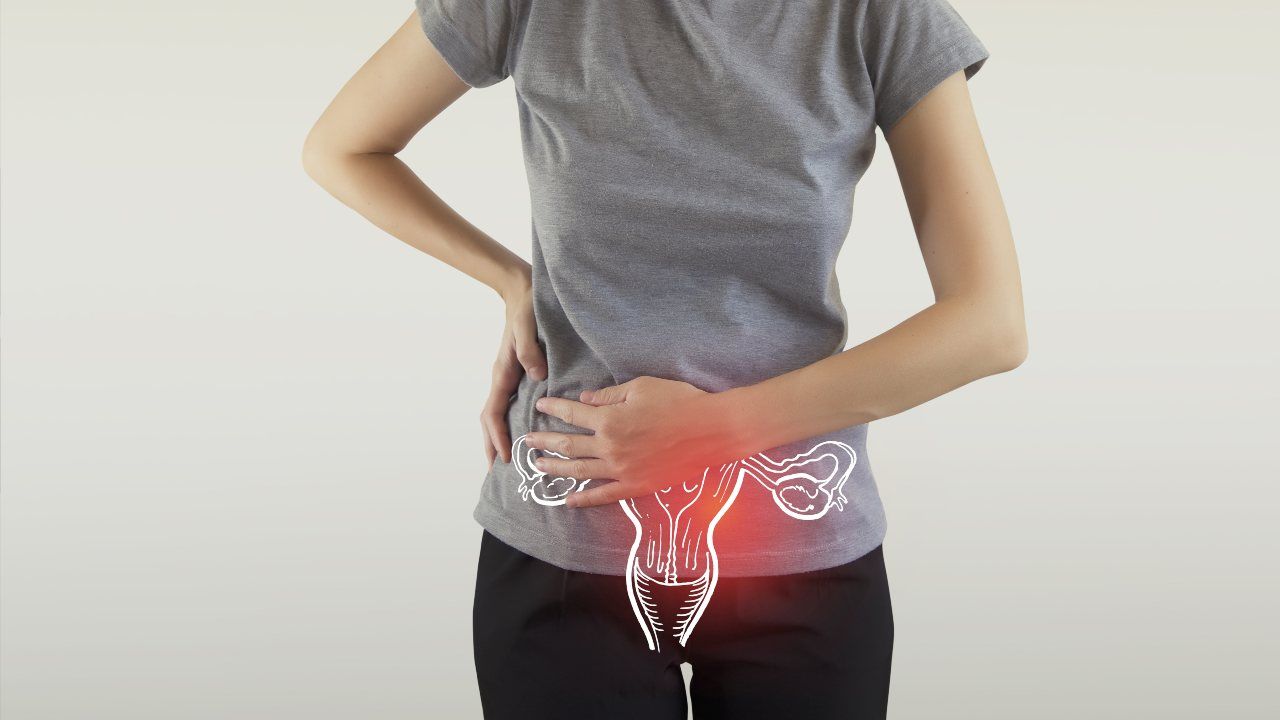Cancer of the uterus and menopause are related by a specific symptom, if it occurs it is better to do a screening immediately. Here’s what you need to pay attention to.
The menopause it is a time of great change in a woman’s life because it marks the end of her menstrual cycle. In addition to no longer menstruating, reproductive hormones plummet during menopause, and many women experience a range of symptoms including hot flashes, emotional changes, sore breasts.
However, many women (about 10%) who have completed the menopause process experience an unexpected symptom. Experts warn that it should always require careful evaluation, as it could be a symptom of uterine cancer. The symptom to watch out for is post menopausal bleeding.
You may also be interested in >>> Sleep deprivation: what are the effects on our health
Postmenopausal bleeding and uterine cancer

If, therefore, gods occur during menopause bleeding, you need to contact your doctor as this is unusual. Most women begin this phase between the ages of 45 and 55 and are formally “diagnosed” as menopause after 12 months without menstruation. However, according to the Cleveland Clinic (United States), about 10% of women over 55 experience bleeding. This is not considered normal and always requires medical evaluation. This bleeding can be a sign of uterine cancer, the most common type of reproductive cancer.
You may also be interested in >>> Endometriosis: what it is and how to recognize this pathology
Bleeding doesn’t necessarily mean uterine cancer, and more often than not, it may not be something cancerous. While it is important to rule out the possibility of uterine cancer, 90% of the bleeding that occurs after menopause is caused by other non-cancerous gynecological conditions. The Cleveland Clinic states that the most common cause is i polyps endometriali, which are non-cancerous growths that can form on the lining of the uterus. Endometrial atrophy is another cause of postmenopausal bleeding. Other patients, on the other hand, experience the same symptom for a practically opposite reason, endometrial hyperplasia, where the lining of the uterus becomes abnormally thick. In some cases, the latter condition can lead to the growth of abnormal cells, resulting in cancer. Keeping this symptom monitored is of paramount importance.
